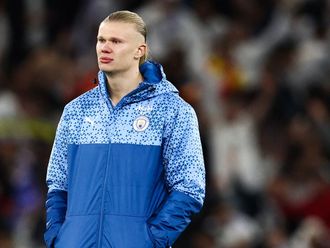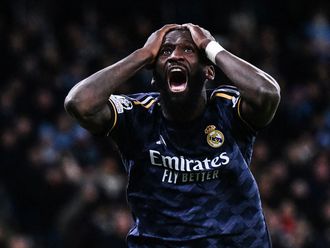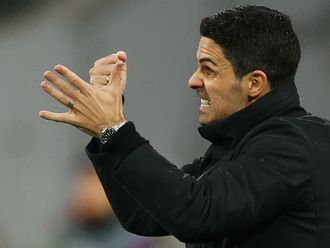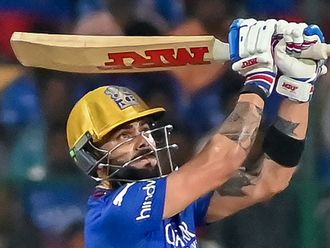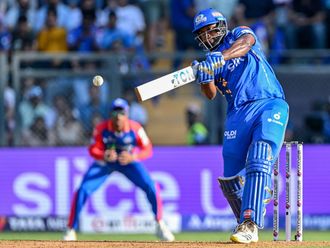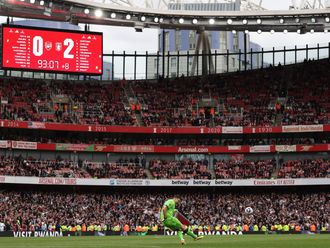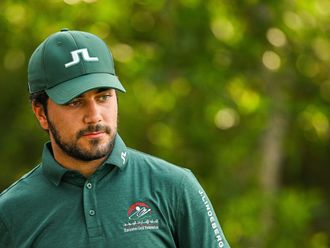Seoul: Match-fixing, related suicides, corruption and other assorted controversies could not prevent 2011 from being overall a good year for Asian football, as the continent's prominence in the global game continued to grow.
The previous year ended with Qatar shocking the world by being awarded the 2022 World Cup and, just a few days into 2011, the tiny nation was once again on centre stage as it hosted the Asian Cup.
Although most matches were played in half-empty stadiums, the football was of a relatively high standard, with Japan, Australia and South Korea cementing their reputations as Asia's best teams.
Japan eventually lifted the trophy with a 1-0 win in the final over Australia. It was the first of two major successes for the country, with the women's team lifting the World Cup in the summer.
In April, South Korea was in the headlines for a huge match-fixing scandal that saw over 60 players, past and present, indicted for accepting money to rig the results of K-League and cup games. The scandal led to the suicide of a former player and a coach.
Both Japan and South Korea continued to provide players to the big European leagues at increasingly young ages. Stars such as Shinji Okazaki and Takashi Usami went to the Bundesliga, while Korea's striker Ji Dong-won headed to Premier League team Sunderland.
Stars heading east
It hasn't all been one-way traffic. The continent's increasing wealth means that its clubs can compete with the western giants in the transfer market and a growing number of international stars have headed eastwards.
One of the biggest moves came in September, when Asamoah Gyan, the Sunderland striker, joined Al Ain of the UAE on loan for a year.
In December, Nicolas Anelka agreed a deal to leave Chelsea and join Shanghai Shenhua. The Chinese club has reportedly offered the former French international $14 million (Dh51.42 million) a year.
In November, the Asian Champions League was won by Al Sadd of Qatar to end five years of Japanese and South Korean domination.
The triumph was not without controversy. Al Sadd lost both legs of their quarter-final against Sepahan but still progressed to the last four as the Iranians fielded an ineligible player. In the semi-final, the Qatari club scored a goal that was perceived as unsporting against Suwon Bluewings and a massive brawl ensued. Al Sadd, nicknamed Al Badd in Korea, defeated Jeonbuk Motors in the final.
At international level, Asian teams have been focused on qualification for the 2014 World Cup. One game of the third and penultimate round remains, but already China, North Korea and the UAE are out.
On the coaching front, former Netherlands and Barcelona coach Frank Rijkaard took charge of Saudi Arabia, while Carlos Queiroz, the ex-Real Madrid and Portugal head coach, is the new Iran boss.
There has been controversy off the field, as for much of the year the AFC has been without a president. Mohammad Bin Hammam, who filled the role for nine years, announced in March that he would challenge Fifa president Sepp Blatter in the May election.
But Bin Hammam withdrew from the race after accusations of vote-buying. In July, Fifa's Ethics Committee handed the official a life ban from football. The biggest political issue of 2012 will be the jockeying to see who will replace him.


